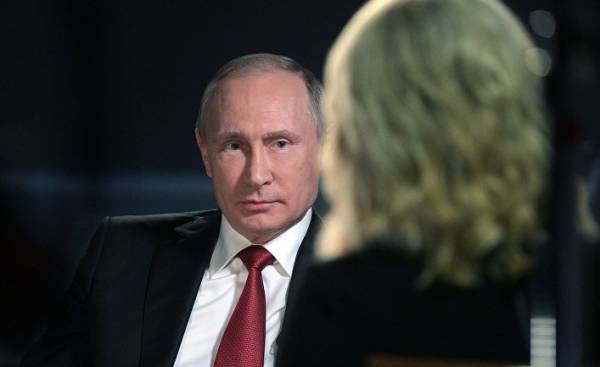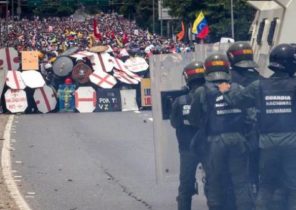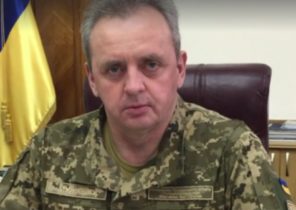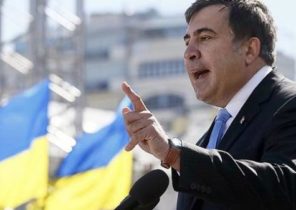
In a cafe a few blocks from the old headquarters of the KGB on Lubyanka square, investigative journalist Andrei Soldatov tries to explain the murky world of Russian intelligence, which is now the focus of a criminal investigation the US for hacking the election campaign in 2016.
Big events in modern Russia are often not the result of a broad strategy, according to the soldiers, but rather “tactical steps” that reflect the personal interests of Putin and his all-powerful “presidential administration.”
Soldatov believes that the Putin factor is crucial for understanding issues in the investigation of a hacker attack. Putin has a personal dislike for Hillary Clinton, and Russian intelligence had gathered information about her from the end of summer 2015. But a new level of operation could move to publish in April 2016 a so-called Panamanian documents that revealed secret Bank accounts of some close friends and associates of Putin.
“It was a personal attack, says Soldatov. — Can’t write about family or close friends of Putin.” He believes that the Russian leader “wanted to do something, to teach a lesson.”
Putin condemned the Panamanian documents, describing them as a deliberate attempt of America to discredit him. “These are officials and government agencies in the United States, he said in April 2016. He is used to having a monopoly on the international arena and do not want to give way to anyone else… attempts to weaken us from within, to make us more compliant and force us to obey their rules”.
Then state Department spokesman mark Toner denied that the United States “in any way involved in the actual leak of these documents.” However, he confirmed that the U.S. Agency for international development supported the “Project of investigation of corruption and organized crime”, one of the media organizations involved in the study of Panamanian documents. For the Russians it was sufficient proof.
For Putin, a former KGB officer, on the information arena is not anything random. Aggressive session last Friday at the St. Petersburg international economic forum he snapped Megyn Kelly from NBC: “as for independent sources, in this world, nothing is independent.” When she insisted on Russia’s “digital footprint” in the hacking of the National Committee of the Democratic party, he exploded: “What are fingerprints? Hoof prints? Horns?”
On the eve of Putin said that “Patriotic” Russian hackers could on their own initiative to be involved in the operation. But by Friday, he completely denied it, stating that it could arrange for the CIA. “IP addresses are easy to forge… in the world Today there are IT specialists and they could do it and then blame it on anyone”, — said Putin.
Soldatov argues that Russian intelligence uses a network of private hackers — as well as the CIA and the national security Agency attract private contractors to develop offensive cyber-weapons and “zero-day exploits” for malware. “Although the [Russian] security services and intelligence have the capabilities of conducting cyberwar, most of the actual blows received by other channels,” he wrote in an article last year on its website Agentura.ru. He gave the example of the Russian technology company, which presumably was asked to help organize the “confidential” attack “denial of service”.
To know the truth about what happened during the campaign of 2016 will take many months, and there is a cloud of misinformation, supported Putin, President trump and insatiable coverage in the media. For example, Soldatov notes that the famous dossier, compiled by former British spy Christopher Steele included “available for inspection” items and some “confusion” about the facts. But in January, in an article for The Guardian, Soldatov wrote that it was also “a good reflection of how everything works in the Kremlin — the mess on the level of decision-making and, increasingly, the outsourcing of operations.”
In the eyes of Russians, all information is potential disinformation, and secrets hidden from the public. Last Friday, Putin admonished Kelly: “Unclassified version means that the version is no.” The Russians consider the statements of the us media on independence fake, and they believed their own propaganda channels can compete with global media companies.
For example, the Agency Sputnik had his own Studio at the St Petersburg forum. The Director of national intelligence in a report dated January 6, called the Sputnik part of the “state propaganda machine”, but in its brochures advertise the media group that publishes 2,000 news items a day in Russian, Arabic, Chinese, Spanish and English.
Until the case of the Russian hacker attacks, we must not lose perspective: Russia is not demonic, omnipotent entity. This is a complex, increasingly modern country. But it is also rare nation, under the control of the former scout, who sees the world through a very specific prism.







